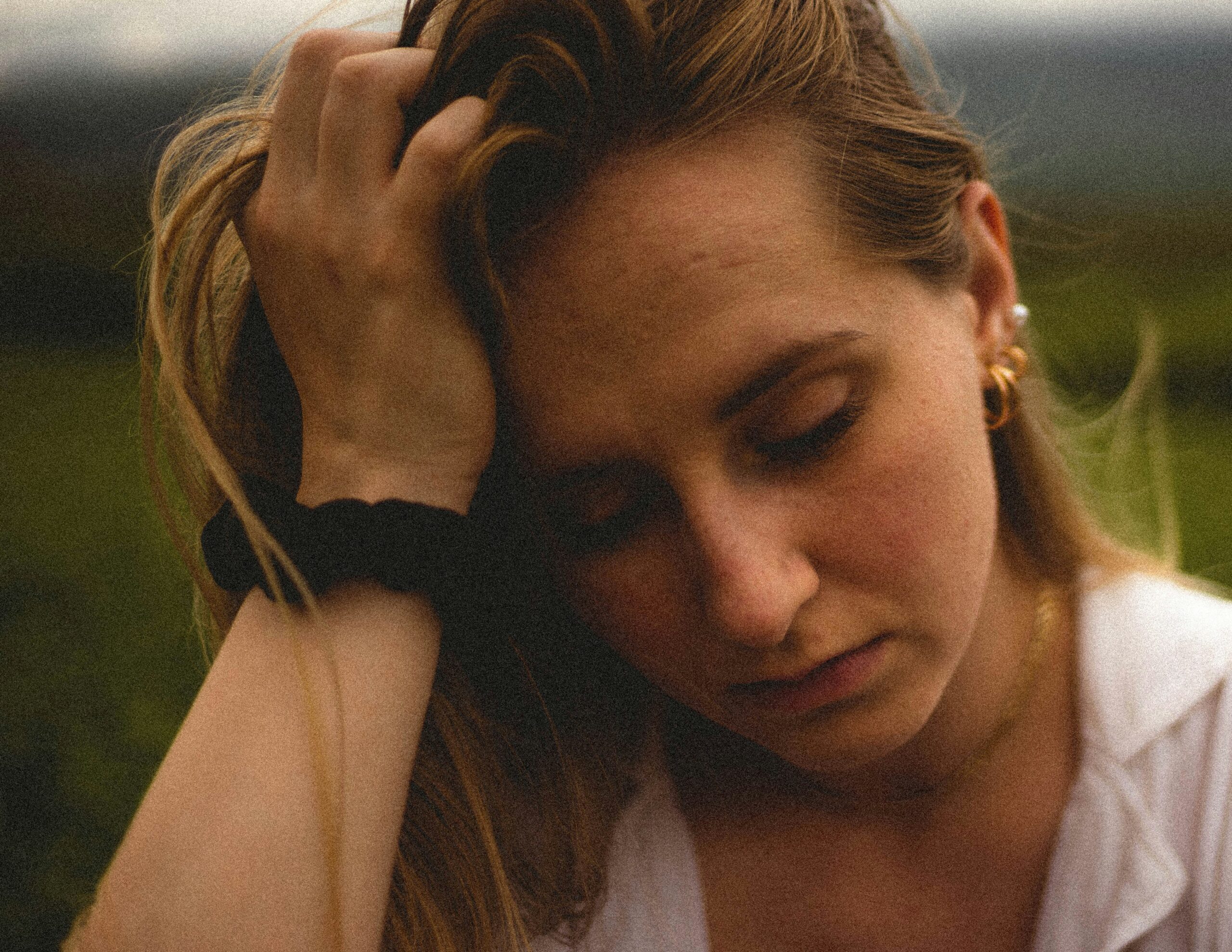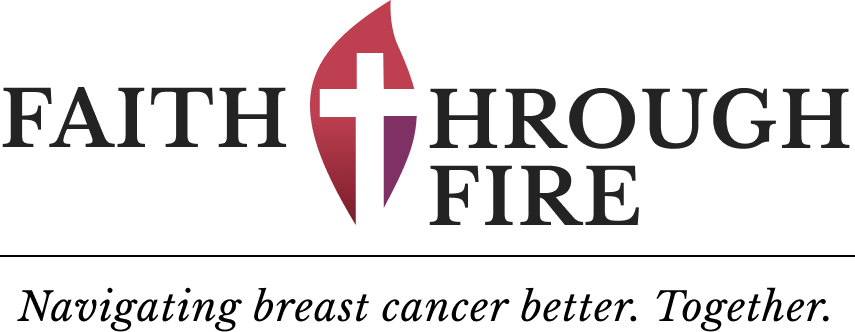The Beauty of Boundaries: Learning to Love Without Losing Yourself

For many women—especially those navigating life after breast cancer—the word “boundaries” often brings a mix of discomfort, guilt, and relief. We’re taught to be caregivers, helpers, givers-of-ourselves—often at the expense of our own well-being. But at some point, especially after facing a life-altering diagnosis, the question begins to emerge: How much of myself can I give away and still feel whole?
If you’ve ever struggled with saying “no” or wrestled with how to stay connected without losing your peace, you’re not alone. We recently had the chance to explore this topic in depth with life strategist Henry Amar in a powerful conversation you can watch here.
It’s a heartfelt discussion that expands on how boundaries, when rooted in love, can transform the way we relate to ourselves and others.
But here’s the truth: boundaries don’t have to be hard lines. They can be gentle, loving choices—decisions that reflect your healing and honor your growth.
When “Yes” Becomes Too Heavy
One of the most common reasons people struggle with boundaries is a desire to be kind. We say yes because we don’t want to disappoint, because we want to help, because we’re afraid of being misunderstood.
But without discernment, too many yeses lead to something else: resentment. Over time, it’s not just that you’re exhausted—it’s that you start to lose sight of who you are and what you actually want.
Healing from cancer often brings this into sharper focus. Energy is no longer unlimited. Time is no longer promised. Suddenly, every decision—every yes or no—feels heavier. And that’s not a burden; it’s an invitation to become more intentional.
Love-Based Boundaries vs. Fear-Based Boundaries
Not all boundaries are created equal.
Fear-based boundaries often sound like “I’m done. I can’t deal with this. I’m shutting down.” While they may offer temporary relief, they’re rooted in self-protection and avoidance.
Love-based boundaries, on the other hand, come from a grounded place. They sound like:
“I care deeply about you, and I also need to take care of myself.”
“I’m still figuring out what I have capacity for.”
“I want to show up well, and that means I need to rest today.”
These are not walls. They’re doors with healthy locks—opened with trust, closed with wisdom.
Relearning Connection Without Self-Abandonment
After a health crisis, many survivors find themselves reevaluating their relationships. Some connections deepen. Others fade. And some become complicated, especially when old patterns of people-pleasing no longer fit the woman you’re becoming.
It’s okay to grieve those shifts. It’s also okay to get really honest about how certain interactions make you feel. The people who belong in your life long-term will respect your boundaries—even if it takes some growing pains to get there.
Connection doesn’t require overextension. It requires authenticity. And the most meaningful relationships are built not when we give endlessly, but when we give thoughtfully.
Start Small, Start Now
If the idea of setting boundaries feels overwhelming, begin with gentle steps:
-
Pause before agreeing to something. Ask yourself: Is this a yes from love, or fear?
-
Practice saying “I’ll think about it” instead of rushing into a decision.
-
Reflect on who energizes you and who drains you—and why.
-
Schedule recovery time before you’re exhausted.
The goal is not to create a perfect life. The goal is to create a life that reflects your values, honors your healing, and respects your capacity.
A Final Word
Boundaries are not the end of love—they are the beginning of healthy love. They allow you to show up as your full, vibrant self, rather than a depleted version just trying to hold it all together.
You are not selfish for needing rest. You are not unkind for needing space.
You are wise for listening to your body, your heart, and your spirit.
Let this be the season where you give yourself permission to choose presence over performance, peace over people-pleasing, and connection that doesn’t come at the cost of your well-being.
If you’re in the process of rediscovering your identity and relationships after cancer, you’re not alone. Explore more insights and resources designed for thriving after treatment—and remember: the most powerful yes you’ll ever say is the one you say to yourself. 💗
